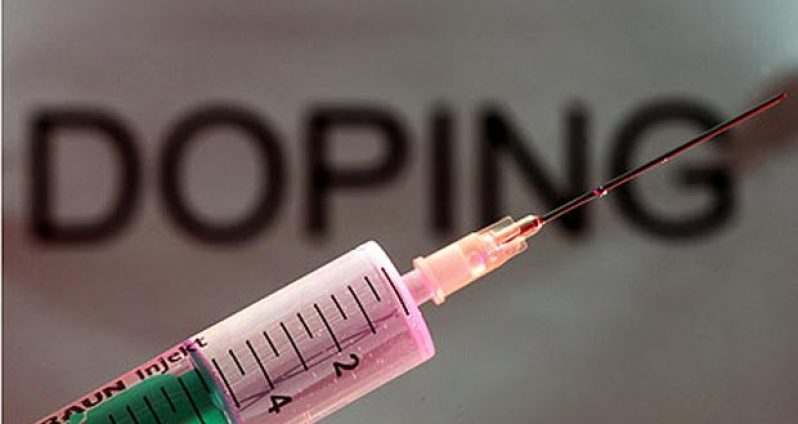IN light of the challenge faced by many sport athletes, with regard to the use of illegal performance-enhancement products, many steps have been made globally to address the situation which has seen several athletes being suspended from their respective sport discipline and their medals retrieved.
The most recent cases of such incidents include American cyclist, Lance Armstrong and Jamaican track and field star Asafa Powell.
With this in mind, the Government of Guyana, through the Ministry of Culture, Youth and Sport, will be hosting a seminar for coaches and team managers on Friday, September 5, commencing at 09:45hrs at the Resource Centre.
The topics that will be discussed include WADA/RADO role in anti-doping, doping in sports – why worry, the list of prohibited substances, responsibilities of managers/coaches in the context of doping, testing protocol, athletes whereabouts – importance, results management and penalties for positive test.
In the Caribbean, the Regional Anti-Doping Organisations (RADOs) were created to combine the efforts, resources and capacity of many countries from specific geographical regions into one organisational anti-doping body.
Just like National Anti-Doping Organisations (NADOs), RADOS have an imperative role to play in ensuring that all the grouped countries are able to comply with and implement the many anti-doping rules and regulations bestowed upon us all by the World Anti-Doping Code and the World Anti-Doping Agency (WADA).
The Caribbean RADO has a responsibility to provide education on the use of drugs and doping methods in sport, as well as to promote and coordinate the fight against doping in sport among the countries of the Caribbean. Its core vision is to value and foster doping-free sport in the Caribbean.
The organisation provides various resources, seminars and workshops to athletes, coaches, sport-related administrative personnel and the public on matters relating to the anti-doping process and the sporting arena. It also encourages the active participation of National Sports Associations who have the serious responsibility of ensuring that their members have all the information that is necessary to be fully knowledgeable and aware of the anti-doping programme as well as to support and comply with it.
The seminar seeks to highlight and foster discussions on the challenge of doping which dates back to the 1920s when Ancient Greek athletes used special diets and stimulating potions to fortify themselves.
Strychnine, caffeine, cocaine, and alcohol were often used by cyclists and other endurance athletes in the 19th century. For instance, Thomas Hicks ran to victory in the marathon at the 1904 Olympic Games, in Saint Louis, with the help of raw egg, injections of strychnine and doses of brandy administered to him during the race. By the 1920s it had become evident that restrictions regarding drug use in sports were necessary.
Today authorities are faced with new innovations. However, they are not hindered in any way, since they have the necessary technology to help them effectively carry out their tasks.
It is therefore incumbent on athletes, coaches and sport managers to exercise diligence, professionalism, tact and be well informed about the restricted substances and the impact such substances can have on an athlete’s career.




.png)









